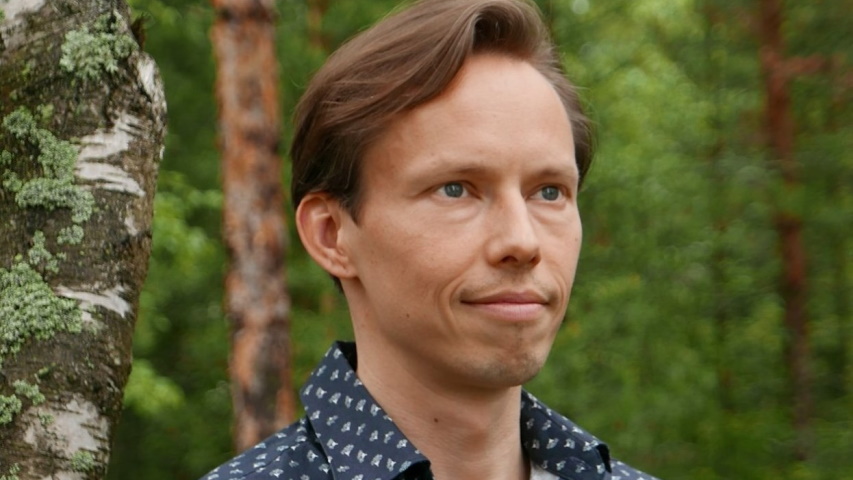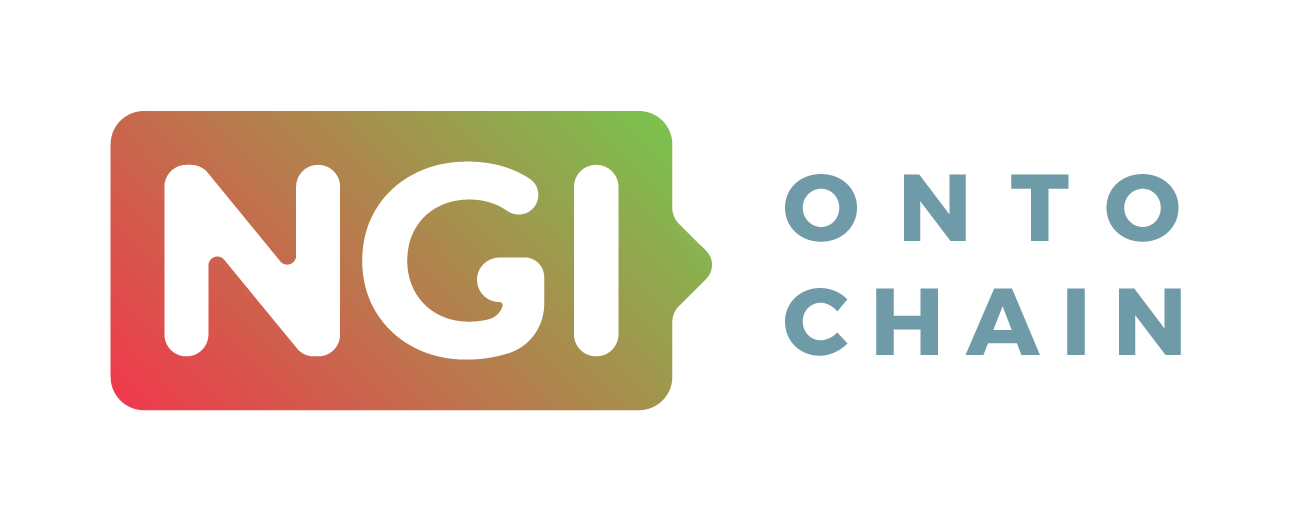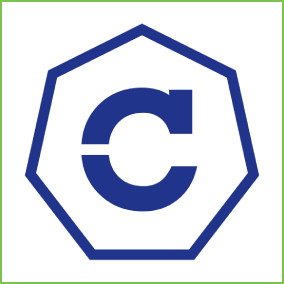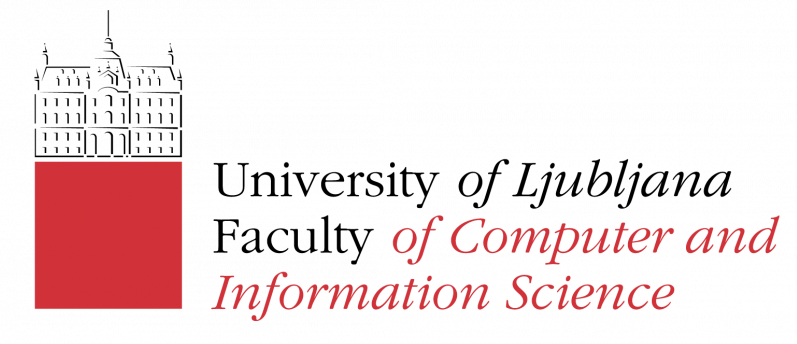CREATE team has identified that the way that content creators, especially for written content, make money, does not work very well. So, they came up with a solution: CREATE - Content Registry and Tokenized Exchange.
Learn in this interview with team member Mikko Ville Valjento how they are addressing this challenge with the support of ONTOCHAIN.

Can you briefly present us your team?
We are a team of four seasoned professionals, and we all bring specific skills to the project. All of us have been working on product and application development across multiple different sectors, but the one thing we all believe in is that any application must work in practice as much as in theory, and that it has to be easy to use. If software engineers develop apps only to other software engineers, nothing will ever get off the ground in big time.
In terms of what we do in our team, Pekka is our CEO and his background is in identity and secure systems and in the past, he set up a company that develops secure communications applications for the governmental sector.
I’m the CTO and I’m responsible for the architecture and the overall development of the CREATE application, the smart contracts, APIs and so on.
Jussi “Juke” Makela does all the UX design as well as front-end development. Together with Juke, we have built a lot of apps and systems for mobile, desktop and even fitness wearables.
Jussi Makela comes from a more corporate background, but he has also done several product designs and launches.
We do have two Jussi Makela’s and three Makela’s in the team, but only two of them are related.
In simple words, what is your project about and how does it contribute to the ONTOCHAIN software ecosystem?
Our project is called CREATE and it stands for Content Registry and Tokenized Exchange, and that is exactly what it does. CREATE is a way for content creators to sell their creations to consumers anywhere, without the need for subscriptions or setting up credit card payments. This is done by tokenizing the content exchange process: if the consumer wants to open the content (e.g. blog post), tokens are automatically transferred from the buyer to the seller.
What we will bring to the ONTOCHAIN ecosystem is an end-user application that can really bring the mass consumer market to the fold.
How did you come up with this project idea and what benefits will it bring to the end users?
The way that content creators, especially for written content, make money, does not work very well. Apart from few of the subscription platforms, most writers make their income from advertising and even then, they end up making just a fraction of what the advertiser pays. At the same time, us consumers are inundated with ads, while still all the best content is behind paywalls.
We believe there is a better way to do this, where everyone (well, maybe not the big internet platforms) benefits, with content creators getting paid more and directly by their own consumers, advertisers can have a relationship and buy the attention of their audience directly, and individual consumers just pay for the content they consume and they can watch as many or as few ads as they want.
In what way is ONTOCHAIN contributing to your own ambitions?
We believe ONTOCHAIN has many parts that we can use without the need to develop those ourselves. These are elements such as self-sovereign identity systems, decentralised services for verifying the ownership and provenance of content, certain infrastructures we need to consume and so on. By being part of a larger community, we hope we can accelerate our own development as well and be ready to go to market sooner and with less investment required.
How do you assess the experience of working with other ONTOCHAIN teams? What type of synergies do you want to explore/are already exploring?
So far, we are very impressed by the depth of expertise across a number of different domains, and we hope to be able to tap on that expertise as our own development progresses further. As mentioned earlier, interesting areas for us are self-sovereign identity solutions, data provenance, and infrastructure solutions.
What are your expectations regarding the ONTOCHAIN software ecosystem and its contribution to the NGI priority areas?
We hope ONTOCHAIN will succeed in its mission, and we can all work together to build a digital world that is more secure, more inclusive and a safe environment for innovation. The technologies that we use such as decentralisation of services, self-sovereign identities or blockchain for tokenizing information exchanges are just tools to achieve these goals. But we should never lose the focus on what type of environment we want to build, and we use the tools to achieve just that.


 This project has received funding from the European Union’s Horizon 2020 research and innovation programme under grant agreement No 957338
This project has received funding from the European Union’s Horizon 2020 research and innovation programme under grant agreement No 957338




